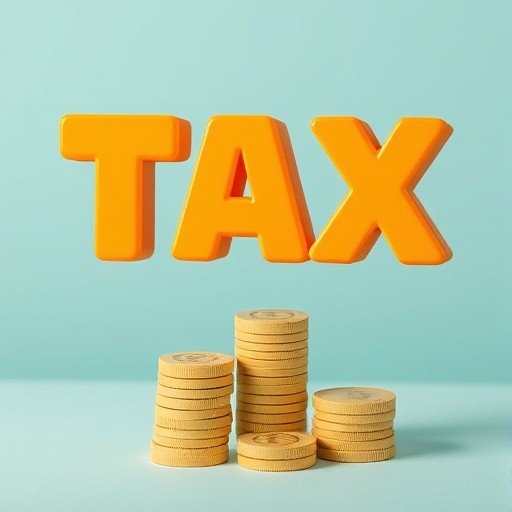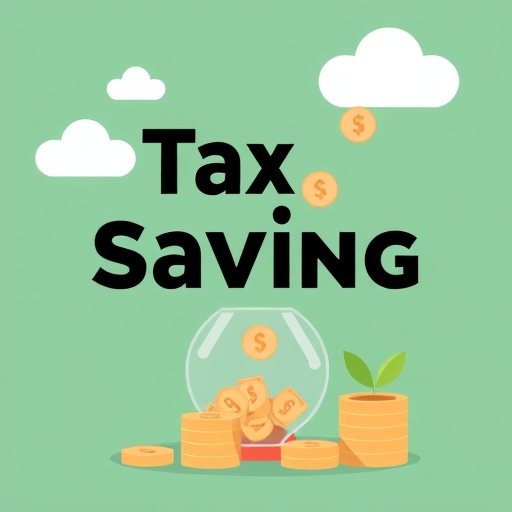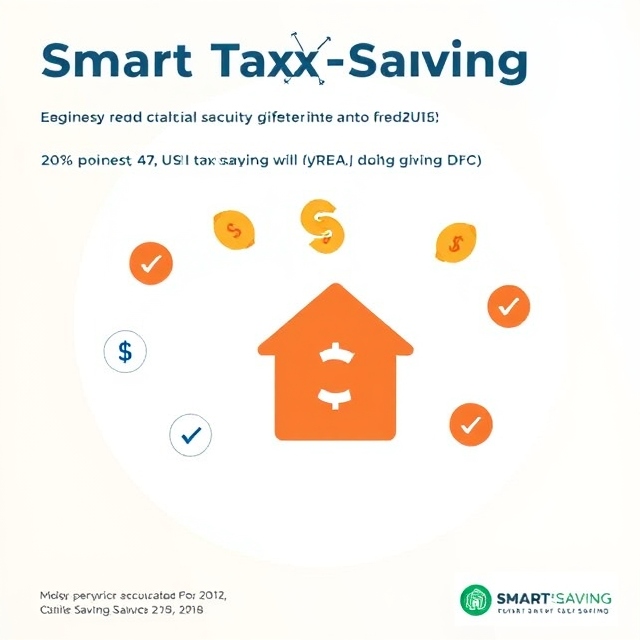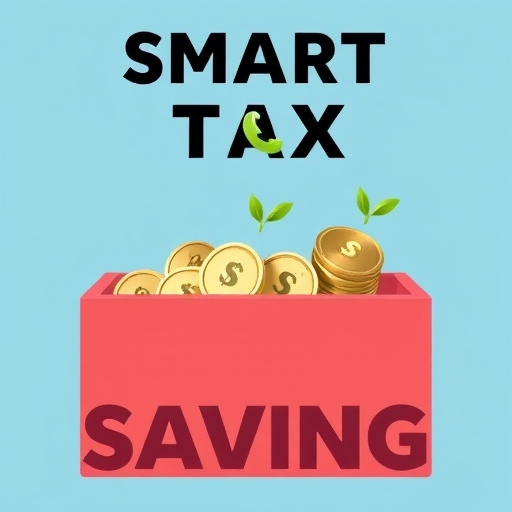Saving on taxes is a vital aspect of personal finance. By means of investments, you can reap benefits and save taxes on your investment, thereby augmenting your wealth. However, not all investment options that save on taxes are considered equally advantageous. To ensure that you are making the best of your investments, a checklist is advisable. Here are five factors to keep in mind while planning your tax-saving investments.
Know Your Tax Bracket
Before you begin investing, it is essential to understand your tax bracket. Tax slabs determine the rate of tax you will have to pay on your earnings. This awareness will help you decide the correct instruments of investment for your case.
Key Points to Analyze Along the Way:
Identify Your Income Sources: All sources contributing to income must be included, such as salary or wage, business or profession, rent, and capital gains.
Calculate Your Taxable Income: Taxable income needs to be calculated after deductions and exemptions have been applied.
Plan Investments Accordingly: Tax-saving benefits are often given onto certain products such as Public Provident Fund (PPF) or the National Pension Scheme (NPS) that can be incredibly helpful for an individual belonging to a higher-income level.
Knowledge of the tax bracket can help you make informed decisions to save more.

Choose the Right Investment Options
The tax-saving investment instruments are many under Section 80C and beyond. Choosing the right ones sufficiently depends on your goals, risk appetite, and periods of investment.
Some go-wells on tax-saving options:
Equity-Linked Savings Schemes (ELSS):
These provide tax benefits under Section 80C.
These have a lock-in period of 3 years.
Has the possibility of delivering high returns with markets being subject to risks.
Public Provident Fund (PPF):
Long-term investment with a lock-in period not less than 15 years.
Guaranteed return and risk-free.
National Pension Scheme (NPS):
Additional tax benefits under Section 80CCD(1B).
Most applicable during the retirement phase.
Tax-Saving Fixed Deposits:
The rate of returns is fixed and with a lock-in period of 5 years.
Safe and predictable but lower returns compared to ELSS.
Insurance Policies:
Life insurance is eligible for tax deductions under section 80C.
Opt for term plans to enjoy value for money.

Evaluate Lock-in Periods
Most tax-saving investments come with lock-in periods. They don’t allow you to access your money for a given time. It is better to sync these periods to your financial goals.
Take note of:
Short-term goals: ELSS funds have a shorter three-year lock-in period, making them suitable for medium-term goals.
Long-term goals: PPF and NPS are meant for long-term financial planning, such as retirement planning.
Emergency needs: Keeping a considerable amount locked in tax-saving instruments is not advisable; you need your money to be liquid during an emergency.
Achieving a balance between liquidity and returns is a prime requisite to avoid financial fallout.
Analyze Risk and Returns
Every investment comes with a degree of risk and thus provides varying returns. Some may opt for more return-generating options while some may opt for less. This should depend on their risk tolerance and financial objectives.
Risk-Return Profile of Tax-Saving Investments:
Low-risk: PPF, Tax-Saving Fixed Deposits, and National Savings Certificate( NSC) come with guaranteed returns.
Medium-risk: NPS offers market-linked returns with moderate risk.
High-risk: ELSS funds invest in equities and are risk-prone but provide high returns.
Diversifying investments across risk categories would allow you to achieve a balanced portfolio.

Review Openness to Additional Benefits
While tax-saving is your primary reason to invest, some options might also include benefits such as wealth creation, insurance cover, or retirement planning.
Additional Benefits of Tax-Saving Investment Options
Worldly Creation: As ELSS and NPS have the ability to grow your money through time
Insurance Coverage: Life insurance products would provide the family with financial backing.
Retirement Planning: Popularly PPF and NPS may help with the building of a retirement corpus.
Ensure the investment under consideration serves other purposes besides saving on taxes.
Tax-Saving Investment Bonus Tips
Tracking App for Tax Saving Investments:
A plethora of apps and tools help you keep a tab on your investments, calculate your tax savings, and keep you updated on tax compliance.
Some Common Errors to Avoid:
Do not procrastinate in investing until last moment; devise a plan as early as possible for compounding benefits.
Be judicious while allowing investment designed for tax saving, and do not sidetrack other personal finance aims.
Look at the fine print to understand the terms and conditions of your selected investment.

Keep Updated:
Tax laws or benefits are subject to changes with any change made to it from time to time. Review your investment portfolio regularly and conform to any changes in regulations.
Conclusion
Investments under the tax-saving umbrella can help reduce one’s tax liability while making optimal investments towards his/her financial goals. Awareness of this checklist will direct you toward constructive decisions based on your income, risk profile, and future aspirations. Keep in mind that effective tax planning does not only mean tax saving; it means wealth creation for the creation of a secure future.
Start your tax-saving efforts today, and have your money do the work for you. If anything is bothering you and you require help, just drop a word in the comments below!






